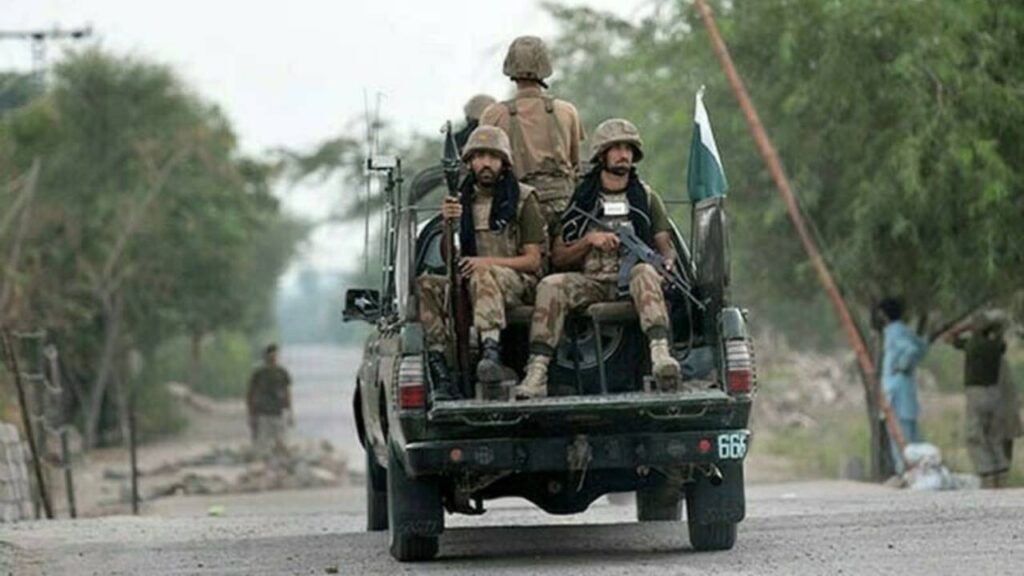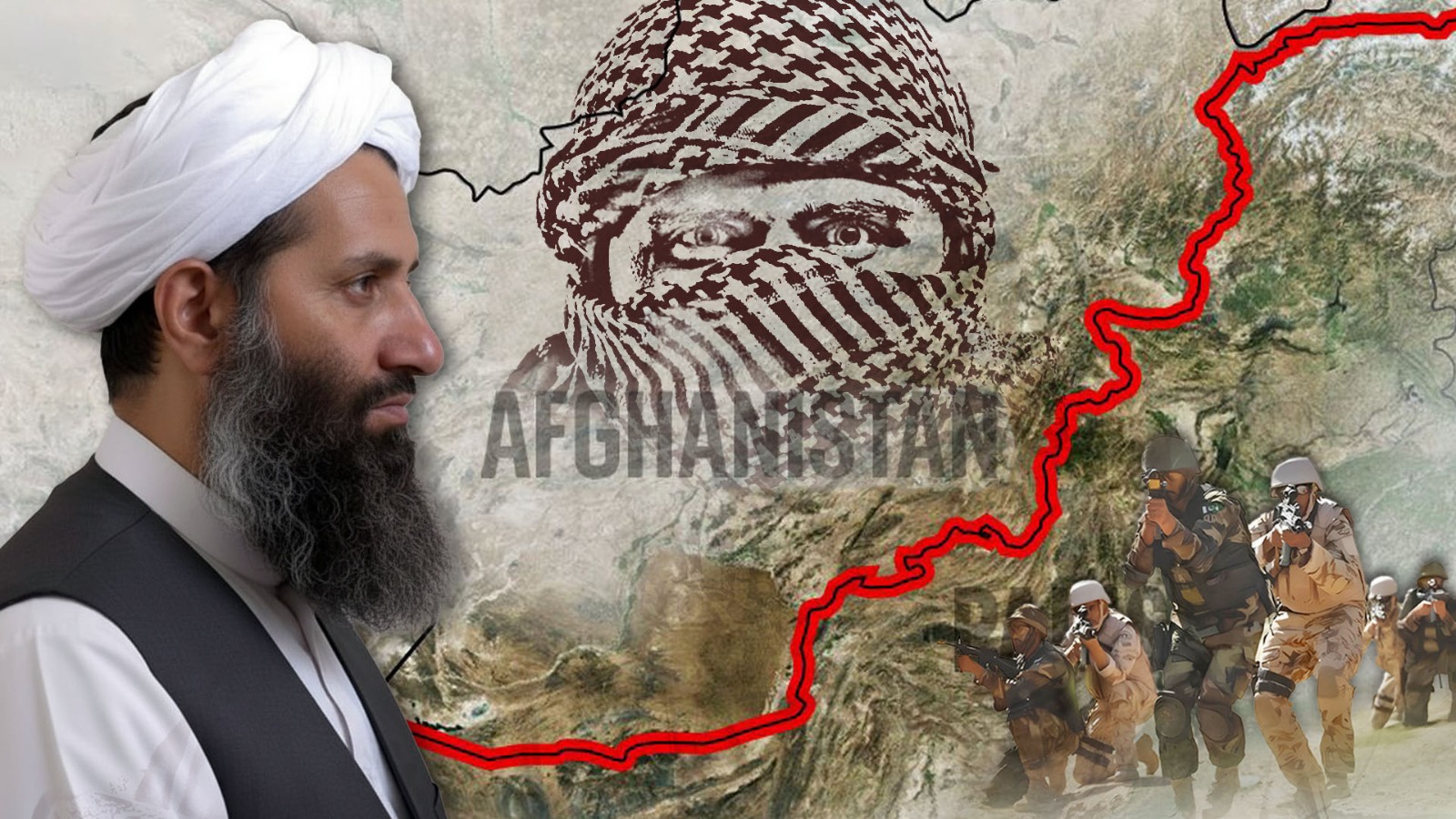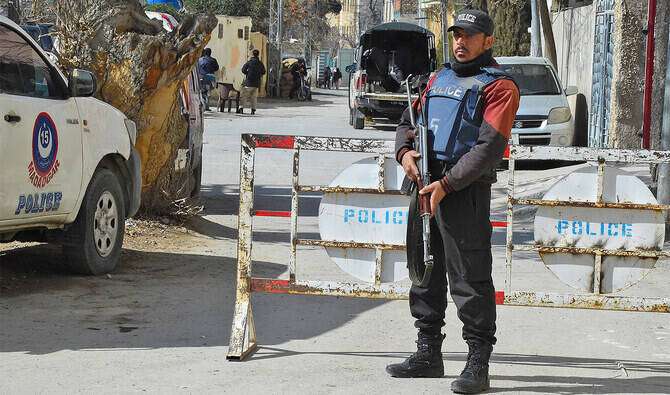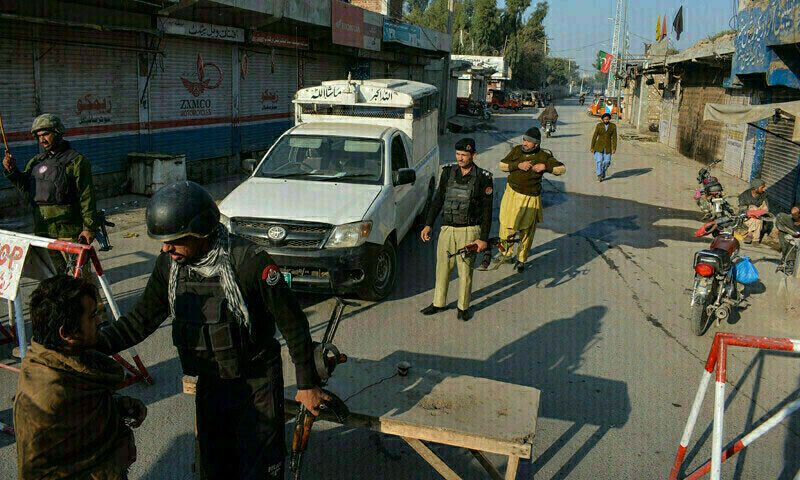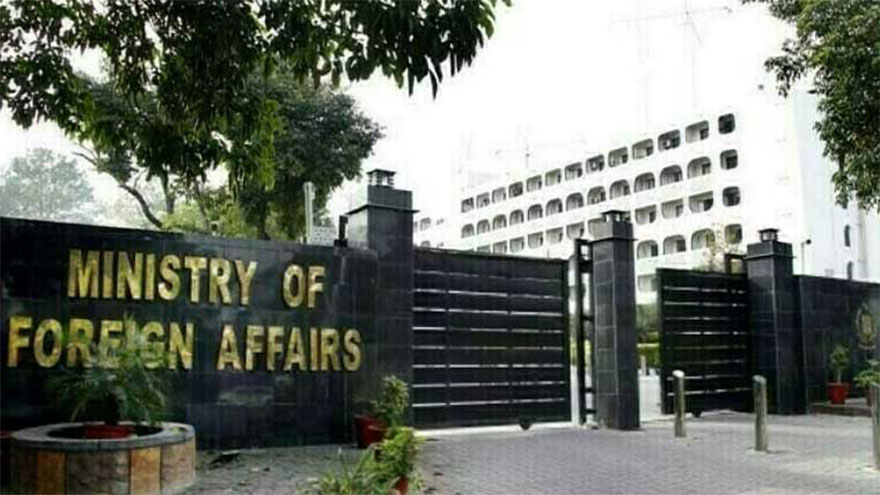Terrorism and militancy are the foremost issues of this century. Across the globe, states are battling with the menace of terrorism either directly or indirectly. A 2024 report notices upsurge in the events of terrorism compared to previous years. This upsurge in terrorism demands collective action from all countries. Similar to other critical issues, like climate change, global health crisis and poverty, terrorism requires an immediate and deliberate action. Since 9/11, Pakistan has advocated a joint, multi-state and effective action against terrorism. In South Asia, Pakistan alone has battled terrorism more than any country.
Since joining the war against terrorism, Pakistan has demonstrated exceptional cooperation. Majority of the Western states and U.S. acknowledge Pakistan’s anti-terrorism cooperation and consider it as a key state for global fight against terrorism. Through successive counter-terrorism operations, Pakistan has dismantled terrorists’ networks that posed threat for regional stability. Besides cooperation in kinetic domain, Pakistan has displayed exceptional support in terms of executing the UN’s Counter-terrorism strategy. Pakistan’s fencing of the Afghan-Pakistan border, Pakistan’s removal from the FATF Grey List and regular engagements in counter-terrorism trainings displays Pakistan’s resolve for countering terrorism and militancy. These endeavors demonstrate Pakistan’s seriousness in making the region secure from both the internal and external threats.
From the start of global war against terrorism, Pakistan has maintained zero tolerance against militancy and terrorism. Nationwide crackdowns against banned outfits like Lashkar-e-Jhangvi, Jamaat-ul-Ahrar and Sipah-e-Sahaba, are a proof that Pakistan has always rejected terrorism for political or diplomatic leverage. Besides arresting leaderships, the government froze assets and initiated legal proceedings against supporters and sympathizers of these organizations. Continuous actions remain at place in order to assure that no terrorist or group uses Pakistan’s territory to lodge attacks against neighboring countries. Given these steps, there remains no evidence of these groups in Pakistan.
In recent years, Pakistan’s counter-terrorism policy has relied primarily on intelligence-based operations. The establishment of National Intelligence Fusion and Threat Assessment Center (NIFTAC) has helped reinforce timely action against terrorist plot. Through this state-of-the-art center, the authorities get real time intelligence that aid in swift and precise action. The initiation of Operation Azm‑e‑Istehkam in 2024, was aimed at exacerbating swift action against terrorist threats. Through Operation Azm‑e‑Istehkam targeted actions against TTP, ISKP and other terrorist factions were lodged. These timely actions prevented major disaster. This integrated process of intelligence gathering coupled with institutional reforms demonstrate Pakistan’s forward looking approach of tackling terrorism in twenty-first century.
On the border with Afghanistan, Pakistan has taken sizeable steps with the purpose of limiting cross-border movement of terrorists. The double-fenced multi-layered steel wire is guarded with watch towers however, there have been multiple reports of terrorists breaking the fence. Despite multiple requests, the Afghanistan’s interim government (AIG) has not taken any measure to warn militants from intruding the fence. Also, Pakistan has implemented border control mechanisms to limit the export/import of narcotics. Through electronic monitoring of the border, Pakistan has developed a deterrent mechanism that aims to limit illegal crossings and terrorists’ infiltration.
In addition to taking steps at home, Pakistan has broadened counter terrorism partnership with different states. This partnership aims at sharing Pakistan’s counter terrorism experience with states batting the same issue. Under the platform of Shanghai Cooperation Organization (SCO), Pakistan stands ready to advance security dialogue with participating states. Time and again, Pakistan has stressed on the need for effective policy input and promotion of counter-terrorism dialogue. Pakistan’s active presence in transnational forum is indicative of Pakistan’s seriousness toward improving security and stability in South Asia. Through such initiatives, Pakistan has developed itself as a reliable security partner.
Pakistan’s counter terrorism case is built on sacrifices and fulfilled commitments. Pakistan’s contributions suggest that the country is serious in promoting dialogue for fostering regional cooperation. Despite challenges in the way of peace, Pakistan stands ready to promote dialogue through cross-border cooperation and intelligence sharing. The dismemberment of terrorist groups and handing over of international terrorist such as Sharifullah and Abu Yasir, Pakistan has proved that it does not tolerate terrorism in any shape or manifestation. In spite of all these efforts, today the security and regional stability in South Asia remains in a perplexed situation. Events such as Uri and Pahalgam undermine efforts of developing a safe South Asia for shared development.
Time and again, Pakistan has exhibited its willingness to cooperate with regional countries for counter terrorism in South Asia; however, Pakistan’s eastern neighbour has showed reluctance for engaging in dialogue in true spirit. through its hard-woven experience of counter-terrorism, Pakistan has learned that security stands paramount. Politicization of issues that concern security employs danger and threat. Being, the arch rivals and the nuclear states, the two countries require immediate engagement and confidence building. The engagement must aim at enhancing dialogue on region’s security. The actions Pakistan has undertaken in the last two decades, underscores that Pakistan wants peace through peaceful coexistence.

